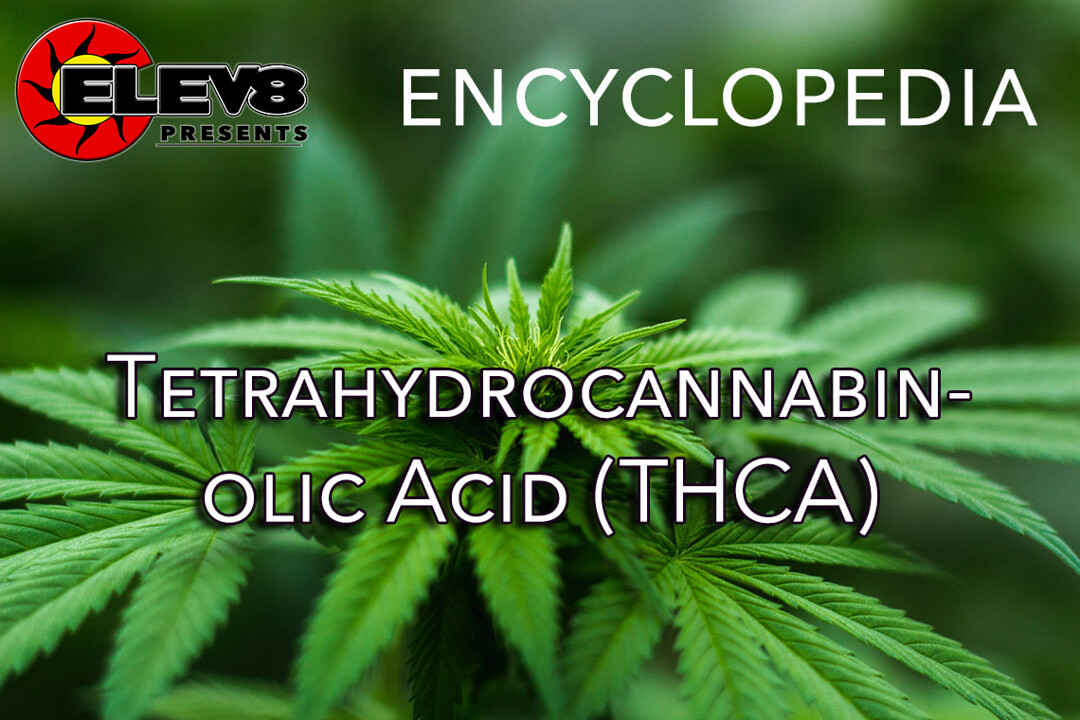What does Tetrahydrocannabinolic Acid (THCA)mean?
Tetrahydrocannabinolic acid (THCA) is a cannabis compound. Unlike marijuana’s famous tetrahydrocannabinol (THC), which gives the user the characteristic high that makes weed usage famous, tetrahydrocannabinol acid is a non-psychoactive cannabinoid that researchers have found in both raw and live cannabis plants.
As the marijuana plant’s leaves, stems, buds, and flowers dry out, the plant’s THCA turns into THC. Heat also makes the THCA convert even faster to THC. Nowadays, the most coveted strains of cannabis have been honed by scientists and researchers to contain not only high levels of THC, but also large amounts of THCA.
It is estimated that 80 to 90 percent of the THC in raw marijuana is stored in the form of THCA within the plant.
More Info On Tetrahydrocannabinolic Acid (THCA)
Besides converting to THC when heated, researchers are finding a wide array of uses for THCA that are beneficial. THCA appears to be a good anti-inflammatory; it also exhibits neuroprotective qualities that may protect against neurodegenerative disorders, combats certain aspects of prostate cancer, and also shows anti-nausea characteristics.
It is also believed that THCA helps alleviate pain, controls muscle spasms, and battles insomnia. Studies are also underway to determine if THCA might also help stop cancer and assist multiple sclerosis.
The potential for using THCA to treat or prevent Alzheimer’s or other forms of dementia also seem promising.
Scientists and researchers are currently working to discover new ways to deliver the benefits of THCA without having to convert it to THC.







